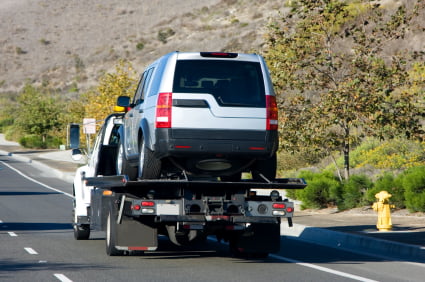Q: I paid off the balance of my car note after my car was repossessed. However the repo is still showing up on my credit reports. Is there any way to get this repo removed?
A: Under the Fair Credit Reporting Act, negative information can stay on your credit report for 7 years. So by law, just because you settled with a company after a car repossession, that doesn’t mean that they have to remove it from your Equifax, Experian or TransUnion reports.
You can ask, but there’s no guarantee they’ll delete the information. Since you’ve already paid a settlement amount, just realize that they’re not going to be very motivated to do it — mainly because they’ve already got the money from you, so you have less negotiating power.
Also, even though you paid that car settlement, it probably won’t help your credit score. Here’s why: the car repo is still showing up on your credit report and, as mentioned, will be there for 7 years.
The exception to this would be if, during the course of your previous or future settlement negotiations, you got the car company to agree to completely DELETE all negative info concerning your car account. If that’s the case and your car repo was removed, that would boost your credit score.
Most likely, though, so far they probably just changed the “payment status” noted on your credit reports to “paid” or “satisfied.” That usually doesn’t help your credit score. The good news is that as time goes on, that repo has less and less impact on your credit score.
Read: The Story of Bill and Skip – Why Your Credit Score Matters








